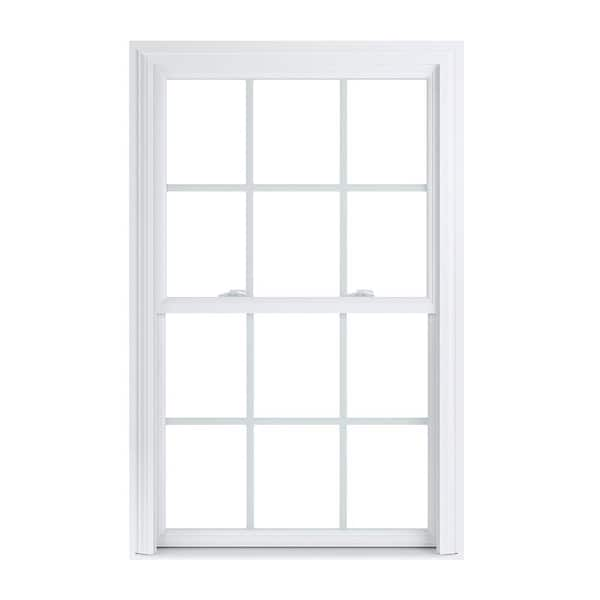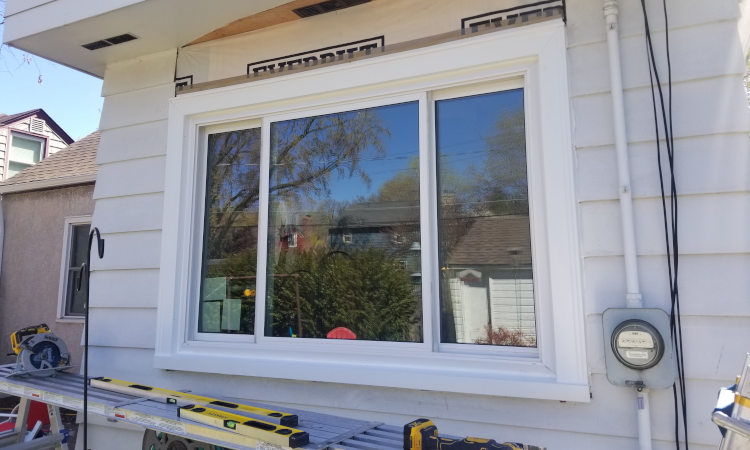Katy Window Replacement Professionals for Superior Service
Katy Window Replacement Professionals for Superior Service
Blog Article
Upgrade Your Home With Energy-Efficient Home Window Substitutes
In the world of home enhancement, the decision to upgrade to energy-efficient home window replacements can substantially affect both the capability and appearances of a house. Beyond the surface degree of mere aesthetics, energy-efficient windows supply a wide range of advantages that go past plain curb appeal.
Benefits of Energy-Efficient Windows

The installation of energy-efficient windows gives considerable financial savings on energy expenses while improving environmental sustainability. Energy-efficient windows are designed to decrease warm loss and gain, reducing the demand for heating and cooling systems to work overtime. By successfully shielding the home, these windows assist preserve a comfy indoor temperature year-round, resulting in reduced power usage and lowered energy prices. Additionally, energy-efficient windows can assist manage dampness levels within the home, decreasing the risk of mold and mildew and mildew growth.
Beyond the financial advantages, energy-efficient windows contribute to environmental sustainability by decreasing carbon emissions linked with energy manufacturing. On the whole, spending in energy-efficient windows not just improves the comfort and performance of a home but additionally straightens with ecologically conscious techniques.
Kinds Of Energy-Efficient Glass
Various advanced kinds of energy-efficient glass deal unique residential or commercial properties that deal with different demands and choices in boosting the sustainability and performance of structures. Low-emissivity (Low-E) glass is a preferred choice developed to reduce the quantity of ultraviolet and infrared light that can pass via the glass, consequently decreasing heat transfer. This kind of glass aids preserve a regular interior temperature level, minimizing the requirement for home heating or cooling systems, and ultimately decreasing power prices. An additional cutting-edge option is spectrally selective glass, which allows visible light to travel through while blocking particular types of infrared radiation. This aids in keeping a comfortable indoor setting while lessening warmth gain. Triple-pane glass, containing 3 layers of glass with shielding gas in between them, offers boosted thermal insulation, making it very energy-efficient. In addition, self-cleaning glass with an unique layer that damages down and loosens dirt when exposed to sunlight can lower maintenance requirements and keep home windows looking tidy. Each kind of energy-efficient glass provides unique benefits, allowing house owners to pick one of the most ideal choice based on their specific demands and goals.
Variables to Think About When Selecting
When considering energy-efficient window replacements, it is vital to meticulously examine specific variables that align with your sustainability goals and preferred energy savings. One crucial variable to take into consideration is the window's energy efficiency ratings, such as the U-factor and Solar Warmth Gain Coefficient (SHGC) The U-factor procedures exactly how well the window insulates, with reduced numbers indicating better insulation, while the SHGC indicates the window's capability to block warm from sunshine. Furthermore, the home window framework material plays a considerable duty in energy effectiveness. Products like fiberglass, plastic, or wood with thermal breaks are superb choices for reducing warm transfer. Another crucial consideration is the window design and alignment concerning sunshine exposure. Selecting the right window design and purposefully placing them can make best use of natural light while minimizing warm gain or loss. Finally, installation quality is essential to ensuring the home windows do as intended. Proper installment aids prevent air leakage, making sure optimal energy performance. By very carefully examining these variables, you can choose energy-efficient home windows that enhance convenience, decrease energy expenses, and benefit the atmosphere.
Setup and Maintenance Tips

Regular upkeep is key to maintaining the efficiency of your energy-efficient home windows. Check the sash window repair home windows occasionally for any kind of indicators of wear, sealer, or damages degeneration. Clean the frameworks, tracks, and glass routinely using mild soap and water to remove dust and gunk that can influence performance. Inspect the weather-stripping and seals for any gaps or rips and replace them if needed to maintain the home windows' energy performance.
On top of that, lube moving parts such as locks and joints to make certain smooth procedure. By following these installment and upkeep suggestions, you can boost the energy efficiency of your home and extend the life-span of your energy-efficient windows.
Cost-Benefit Evaluation of Updating

Energy-efficient windows are developed to decrease warm transfer, lowering the requirement for home heating and cooling down systems to burn the midnight oil. This can bring about significant financial savings on energy costs, particularly in areas with extreme temperatures. Additionally, energy-efficient windows can improve the overall value of your home, making it more attractive to possible buyers if you decide to offer in the future.
When computing the cost-benefit analysis, consider the potential savings on power bills, any type of readily available rewards or rebates, and the life expectancy of the home windows. While the try this out first expense may be greater, the lasting cost savings and advantages of energy-efficient home windows make them a smart financial investment for house owners aiming to improve their property's energy efficiency and value.

Final Thought
In conclusion, upgrading to energy-efficient window substitutes offers many advantages such as minimized energy consumption, enhanced convenience, and cost financial savings. By picking the suitable kind of energy-efficient glass and considering elements like structure material and setup, property owners can make the most of the effectiveness of their home windows. Regular maintenance and appropriate installment are vital for lasting efficiency. On the whole, the cost-benefit analysis of upgrading to energy-efficient home windows reveals that the first financial investment can cause significant cost savings in the lengthy run.
When considering energy-efficient window replacements, it is crucial to meticulously evaluate certain factors that align with your sustainability purposes and desired energy cost savings. The U-factor actions just how well the window protects, with reduced numbers indicating far better insulation, more helpful hints while the SHGC shows the home window's ability to obstruct heat from sunlight. By meticulously assessing these variables, you can choose energy-efficient windows that boost convenience, lower power prices, and benefit the environment.
While energy-efficient windows may have a greater ahead of time cost compared to standard windows, the long-term advantages commonly outweigh the initial financial investment.In verdict, upgrading to energy-efficient home window replacements supplies many advantages such as reduced power usage, boosted comfort, and expense savings.
Report this page